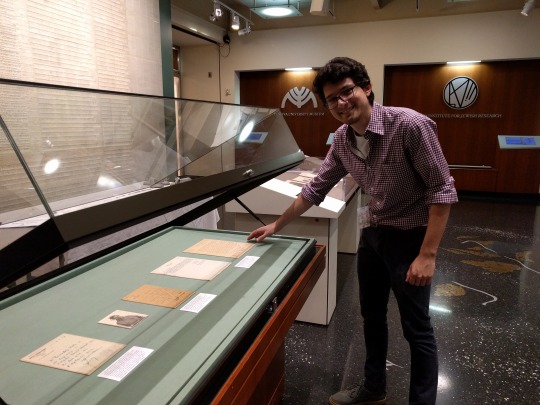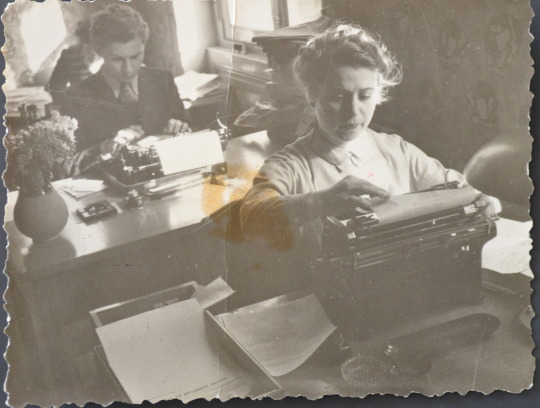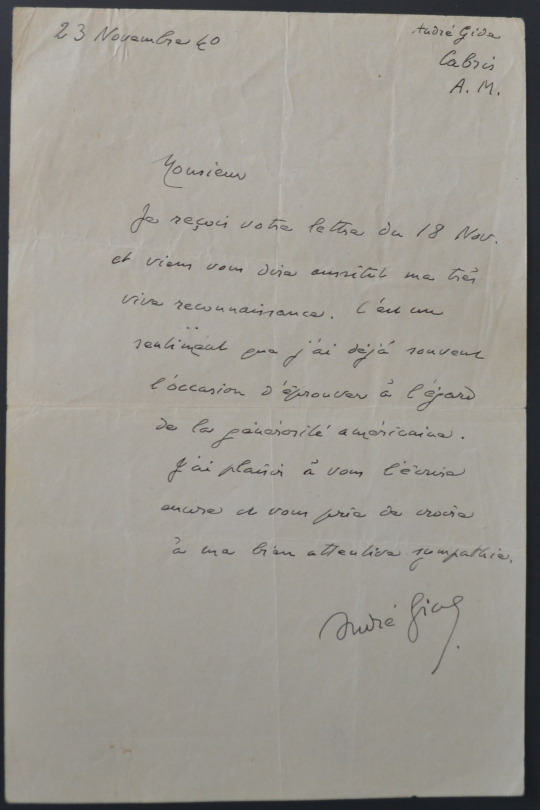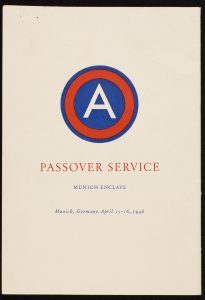By James
Benjamin Nadel, Research Intern
You might not expect a 95 year old literature professor to
emphasize youth when discussing his life. But that is exactly how Justus
Rosenberg described his upcoming talk at the Center for Jewish History to me.
“I will do it from the perspective of a teenager…it is for
someone like you.”
Next Wednesday, Justus will be discussing his time living in
Nazi-occupied France, when he was just 20, and his heroic efforts to help
people escape the country. Joining him will be journalist Sarah Wildman, who
recently wrote a
profile of Justus for The New York
Times. In addition to this conversation, I have curated an exhibit of
several documents and pictures from Justus’ personal archive. Last Monday,
David Rosenberg, Senior Manager for Communications at the Center, and I visited
Justus at his house in upstate New York to retrieve and learn more about these
pieces.

Justus greeted us
with a smile when we arrived. Despite his age, he still possesses the youthful
energy that he wants to bring to his speech. This fall, he will start his 44th
year of teaching literature at Bard College. He exercises at the gym three time
a week. After some brief introductions, he led us into his living room, where
he had set up two binders of material.
From 1940-1941, Justus acted as a
courier for the “Emergency Rescue Committee,” an extrajudicial organization spearheaded
by American journalist Varian Fry
that worked to get Jews and anti-Fascist intellectuals the papers that they
needed to leave France. Justus sneaked falsified documents and messages from
Fry’s headquarters in Marseille to many people trying to escape through the
city’s sea port. The nature of these clandestine documents means that not many
survived the war. When I asked Justus if he could show us some of the materials
from his days working with Fry, he responded, “We had to destroy most of them.”
Much of what he showed us were photocopies of telegraphs and pictures that he
had found in various archives.

However, Justus did manage to preserve some original pieces,
mainly by sending them to friends in the United States during the war. These
include a series of pictures of Justus – looking debonair in a suit jacket and
tie walking down a street in Marseille; staring gallantly off into the distance
in a photo taken when he joined the French resistance; posing in a rowboat
alongside its owner, as he covertly looked for sea routes out of Marseille. In
addition to photographs, Justus was also able to hold on to some documentary
materials, including a letter that he pocketed from the famous French
surrealist author André Gide. All of these items and more will be on display at
the event this coming Wednesday. They will help illustrate certain moments of
Justus’ life story.

“I will save my
stories for Wednesday,” Justus said with excitement and anticipation in his
voice, as we were leaving to catch our train. “The things I showed you today
make the most sense, once you have heard the stories.” I look forward to seeing Justus bring these pieces to life at Wednesday’s
event.
—
In Plain Sight: The Marvelous, Unlikely History of Bard Professor Justus Rosenberg
July 27, 2016 6:30PM
Ticket Info: $10; $5 Center for Jewish History/partner members, seniors, students
Presented by Center for Jewish History and Leo Baeck Institute
Refugee, smuggler, resistant, intellectual. Even before the age of 21, Professor Justus Rosenberg had lived many lives. Sarah Wildman — author of a major profile of Professor Rosenberg for the New York Times and the celebrated memoir Paper Love — will speak to Rosenberg about his life and work.
Professor
Justus Rosenberg is believed the last living member of the
American-sponsored Emergency Rescue Committee (headed by Varian Fry).
Working out of Marseille, Fry’s gang smuggled anti-fascist artists and
intellectuals out of occupied Europe. Rosenberg himself was a refugee,
born in 1921 in the Free City of Danzig. He was captured by the
Gestapo in a round-up of mostly foreign Jews in Grenoble but escaped
from a transit camp and joined the French Resistance. In the last year
of the war, Rosenberg served the Americans in reconnaissance and,
post-war, worked for UNWRA.
Professor Rosenberg is a Professor
Emeritus of comparative literature at Bard College, where he still
teaches, and the head of the Justus & Karin Rosenberg Foundation.
Join us to hear his story on this special evening.
A reception will follow the program.


